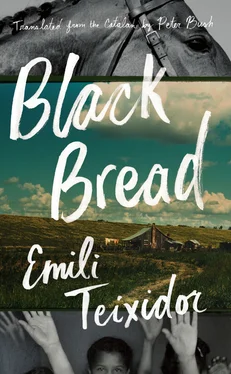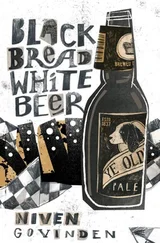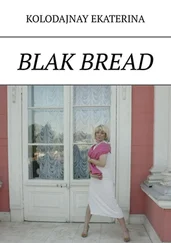The silent, resplendent woods, the backcloth to everything, kept questioning me, like a pledge that wouldn’t fade away.
And then I rediscovered that source of support I’d found on my last day of class at the Novíssima, that deep, persistent, implacable rage unleashed against everything and everybody, and I felt I possessed the strength to stay where I was and root myself in that house and turn my back — albeit politely, ever so politely, their supreme virtue — on my whole previous world.
It was my life, my decision, my future, my road, my body, my feelings, my choice, my experience, my rejection, my desire, my acceptance, my studies, my dreams, my world as new as I could make it, and my books…mine, mine, mine!
As my raging thoughts raised me above everything else in a fascinating dream-like flight, and the woods remained down below, secret, still and inscrutable, intrigued by my transformation, with a mixture of vanity and trepidation, I recognized that I was beginning to change into a monster. Into the monster they had planned I should be. Into a monster able to unite in a single body, in a single life, two different natures, two contrary experiences. A monster I myself hadn’t realized was living within me. A monster.

Emili Teixidor was born in 1933 in Roda de Ter, a small town midway between Barcelona and the French border, where he set up a writers’ group with poet Miquel Martí Pol. In 1959 he founded a progressive Catalan school in Barcelona and ten years later started writing children’s literature in the belief that there was a need for good writing in Catalan. His historical novel The Firebird (1972) became a popular classic. His first book for adult readers was a short story collection, Sic transit Gloria Swanson (1979). He edited a French film magazine in Paris in 1976–77. Subsequently Teixidor returned to post-Franco Barcelona where he worked as a publisher, newspaper columnist and television and radio scriptwriter. At the age of 70 he published Black Bread , the first of three novels exploring life in rural Catalonia in the immediate postwar years. The novel met with critical acclaim, won four literary prizes, and was made into a successful film, the first Catalan film ever to be nominated by Spain for an Oscar. The novel is recognized as one of the major works of contemporary Catalan literature.
Emili Teixidor died in Barcelona in 2012.
Peter Bush is a freelance literary translator and scholar who lives in Oxford, England. He has translated novels from the Spanish by Carmen Boullosa, Juan Goytisolo, Juan Carlos Onetti and Leonardo Padura, among others. Since 2007 he has also translated fiction by leading Catalan authors including Najat el Hachmi, Quim Monzo, Josep Pla, Mercè Rodoreda, Joan Sales and his wife, Teresa Solana. His translation of Josep Pla’s The Gray Notebook won the 2014 Ramon Llull Literary Translation Prize and his translation of Joan Sales’s Uncertain Glory was named as one of The Economist ’s ten best works of fiction for 2014. In 2015 he was awarded the Saint George’s Cross by the Catalan government for his translation and promotion of Catalan literature.













